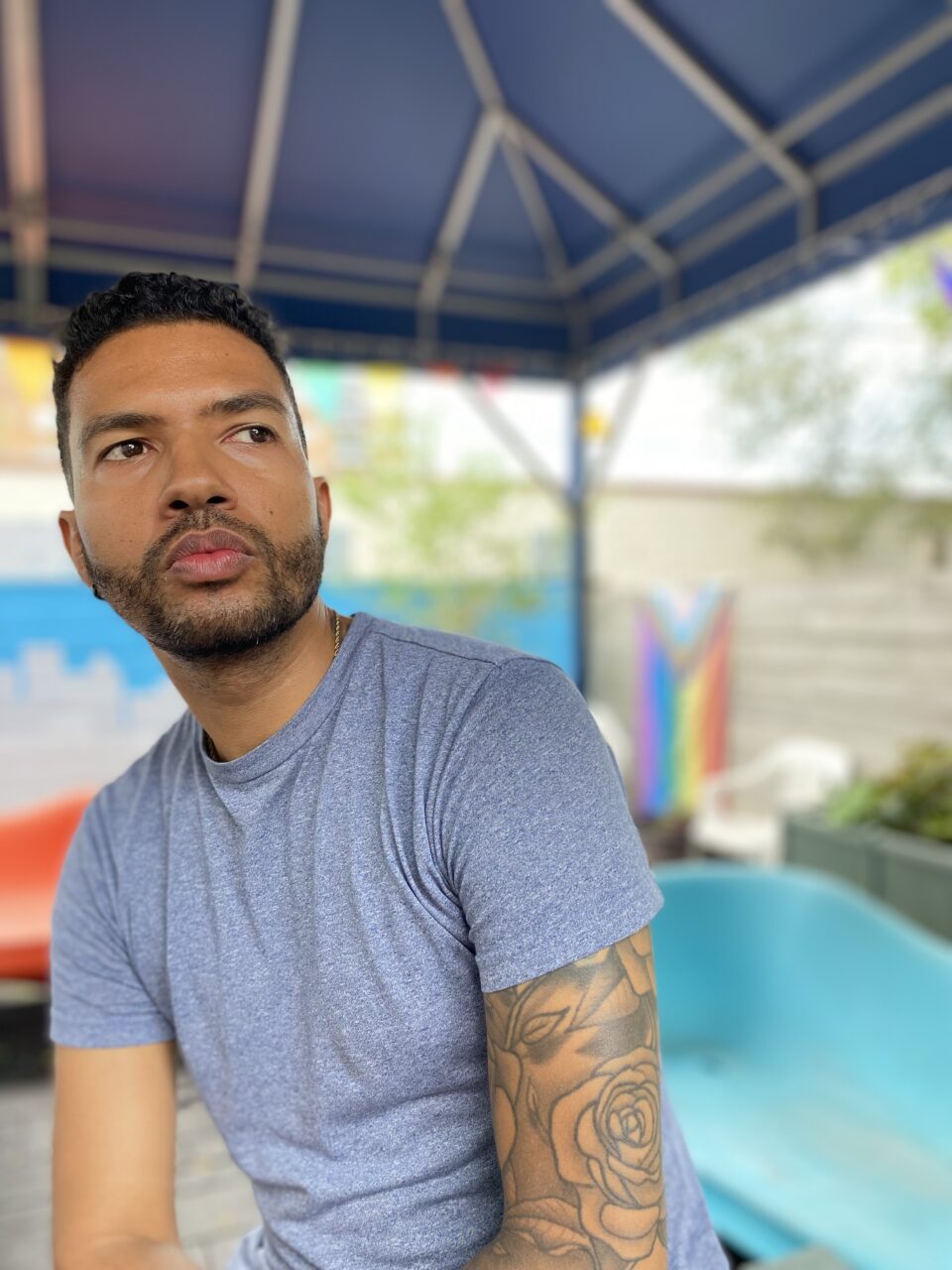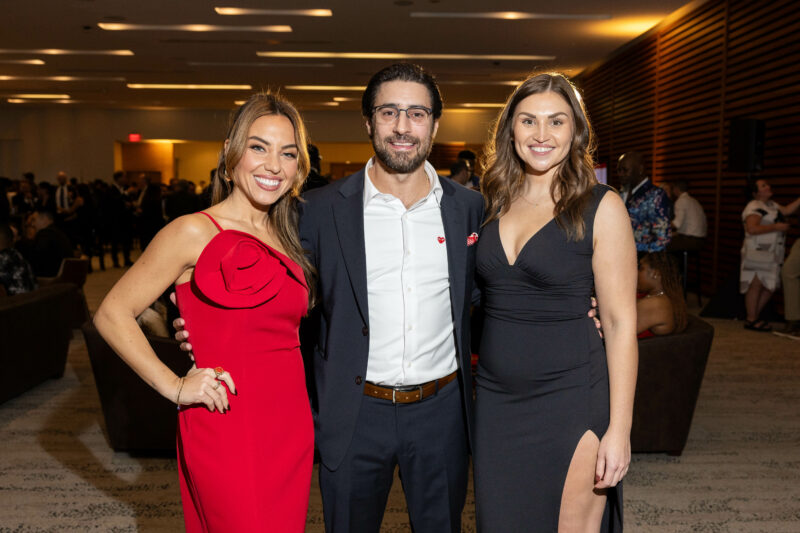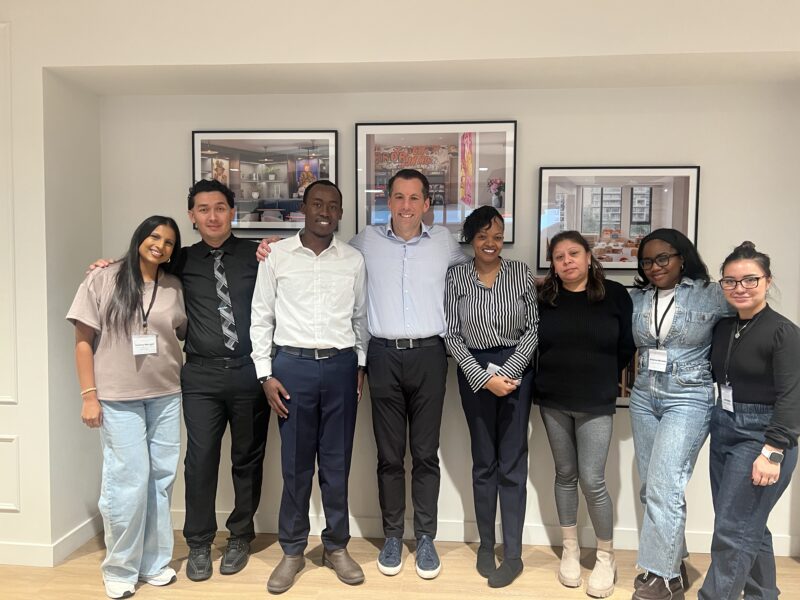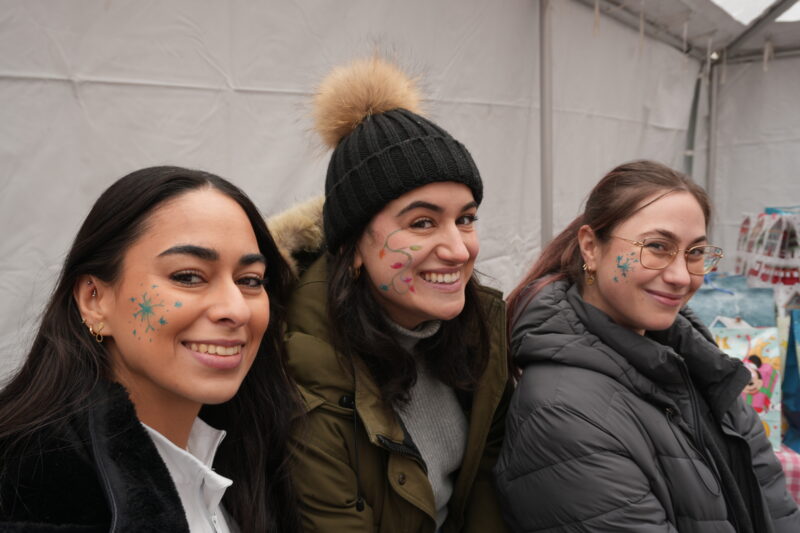We had the opportunity to have a very interesting conversation with Arys, our Manager of Shelters, on regards of his viewpoints on Diversity, Equity and Inclusion work and the opportunities and challenges we have as an organization serving clients from all over the world, whose lives have been impacted by trauma and persecution due to their gender identity, sexual orientation, political beliefs, or/and just for standing for their personal and collective human rights in their countries of origin. Homes First Society is home to refugees and migrants who are looking for opportunities in Toronto and beyond. Let us meet Arys, and his perspectives on how to foster inclusion and belonging through our work.

1. Please introduce yourself, your ancestral background, work experience in the field of supporting others.
My background is a bit unknown, as half of me was raised by Caribbean women, mixed with Trinidadian, and from an island called Monserrat. Unfortunately, I did not meet or know who my father is or where he comes from, nor do I have a name or info on his whereabouts, or what he even looks like, so, I was raised by one side, and that’s the Caribbean women side only. I was the first and only boy in the only female-led family. This experience has shaped my identity and commitment in gender equality. I am my grandmother’s son. I carry their legacy and experiences of survival and the foundations they always taught me (manners, respect, etc.). I am 35 years old.
I have been working in the field since 2017, as a community worker, and as a youth worker since before. I have also worked serving families. As I was in foster care for a period of my life, I always wanted to be in the social services sector. Always wanting to know how to support people who have experienced or have been affected by family breakdown division, gender violence, LGTBTQ issues, etc. My mother exposed me to different characters, environments, and struggles. My mentor, who shaped my values and commitments in the social service sector, was a trans person. Since the beginning of my involvement in the social services field, and because of my experience growing up, I learned that believing in yourself, embracing every piece of yourself will foster the capacity to reach your goals and contribute to lessening the suffering of others.
In my free time, I enjoy spending time with my dog, Apollo, and writing poetry. I also model and have my own podcast – The Who & How Club. I bring my creative side to work. I believe that working with people is also an art form.
2. Please share your perspectives on inclusion and belonging. How have you seen DEI working in the social services field?
All the experiences I have seen working very well for DEI have the characteristics such as the following: having a trickled down effect, which is of course, a participatory process where everyone is involved, by this I mean, different coordinating or managing levels, hearing and working with frontline staff, getting training so staff could get new knowledge on DEI, and of course learn from what other sectors are doing. In my opinion, diversifying the ways clients participate, to include in processes of improvement on how they do it is crucial to service improvement. I can identify multiple ways to make people participate, such as the complaint process, requests for support and additional services or client’s town hall meetings. Adapting to people’s possibilities or capacities, for example, people who do not speak English or who are still learning to read and write; those who are blind, deaf, in need of sign language, to name a few, would make a big change.
It is very important to touch-base with other agencies that are ahead and creating new partnerships. Seeing different faces at the table brings new strategies, creativity, and opportunities to maximize resources. The communications strategy and the capacity to document our good or not too good experiences is very important too.
3. What opportunities do you identify for DEI work in the City of Toronto?
I am of the opinion, the fight against anti-black and aboriginal racism brings so many opportunities, mostly now that the City of Toronto is resourcing to the local expertise to make best practices and implement new directives. Meeting black people where they are at, and getting to know more of the refugee experience will make us all learn. Then, we will be able to do circle work and pick each other’s brains. I believe that the formal and boring approach of doing things does not work. People need to laugh, have fun and learn from their own experiences too. Put the medicine in the candy.
In my experience, DEI work was pivoted by the tragic death of George Floyd and the “I cannot breath” movement in North America. I witnessed that in Toronto, social services agencies and social movements in general, mostly those serving youth, commenced to reflect, plan and organize around anti-black racism, which is a beautiful thing, but sad at the same time. In addition, the lock-down during the COVID 19 pandemic gave us all the opportunity to re-organize.
This blogpost was written by Ana Cisneros, DEI and Programming Supervisor


